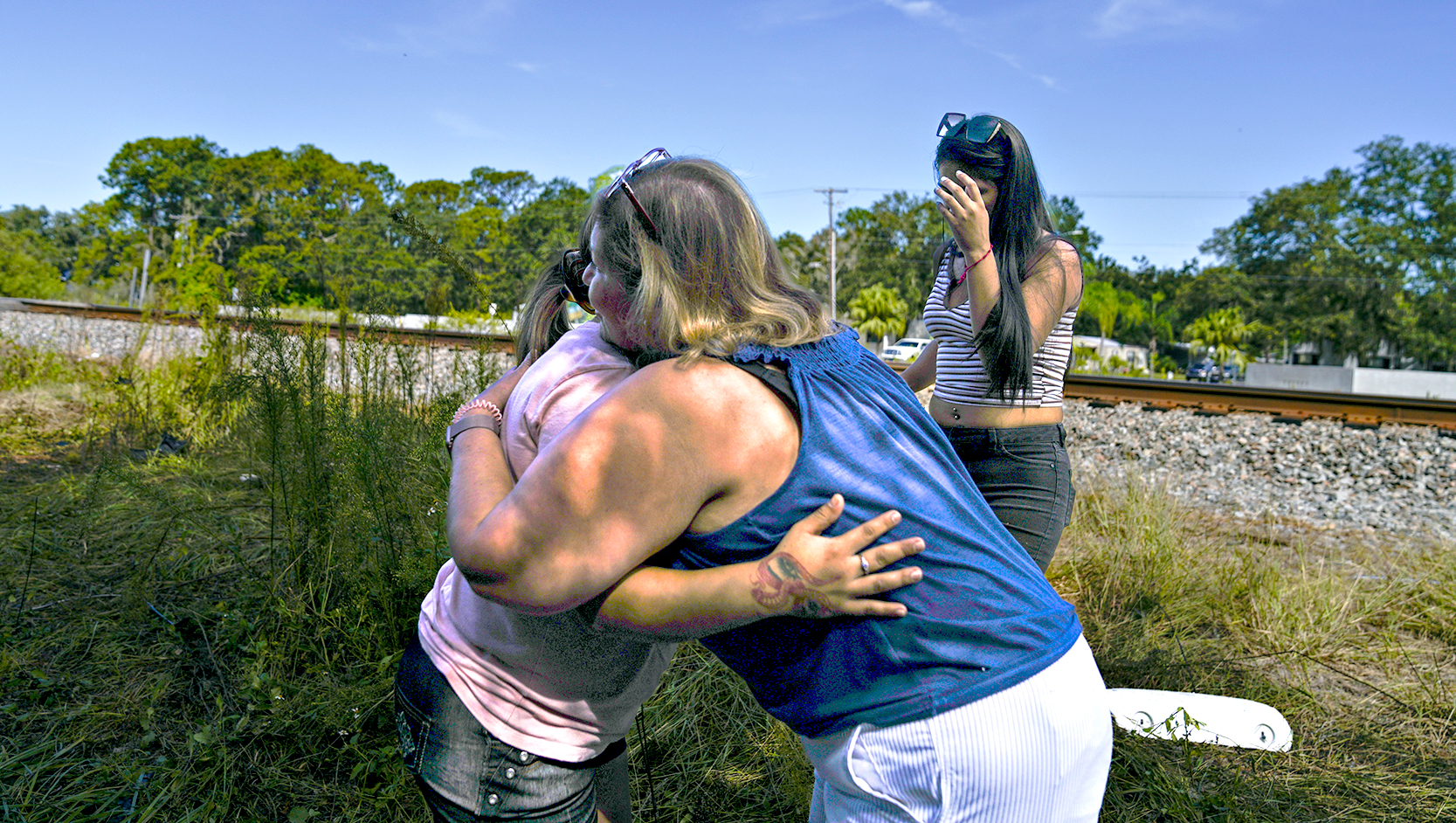Exiled to Echols: Why there’s not much support for judicial banishment loophole
Published 9:00 am Sunday, July 17, 2011
The judicial practice of banishing offenders from all but one county in Georgia hasn’t found many fans in Echols County, which has sometimes been the “one county.”
“We don’t agree with the way they do it,” said Randy Courson, Echols County sheriff.
Fulton County judges would sometimes banish an offender from every county in Georgia except Echols, Courson said. Only a few cases arose involving offenders being banished to Echols County, and most “didn’t want to live in Echols; they would rather live elsewhere,” Courson said.
The process also worked in the other direction, with south Georgia judges sometimes banishing offenders from every county except Dade or other locations in north Georgia, said State Rep. Ellis Black, R-Valdosta.
“No (offender) from South Georgia was going to go to DeKalb County to find a job,” Black said.
Back in Echols, one or two “situations” arose a few years back, Courson said, resulting in Black introducing a bill in the General Assembly to curb the practice.
“Banishment was not in law; it was in practice,” Black said. The state constitution forbids banishment from the state, but judges took the position that as long as one county was left available it was legal, and it was never challenged in court, he said.
“Some judges viewed banishment as a tool that was effective in some instances,” Black said.
The bill he introduced widened the field a bit, allowing judges to banish offenders from all but one judicial circuit in Georgia. For example, a judge in DeKalb County could banish an offender from all of Georgia except the Alapaha Judicial Circuit, which includes Atkinson, Berrien, Clinch, Cook and Lanier counties.
The bill cleared the General Assembly and was signed by the governor, but some judges still didn’t “get the word,” Black said. He said he’d heard of “one or two” cases of judges who still banished an offender from all but one county after the bill became law.





